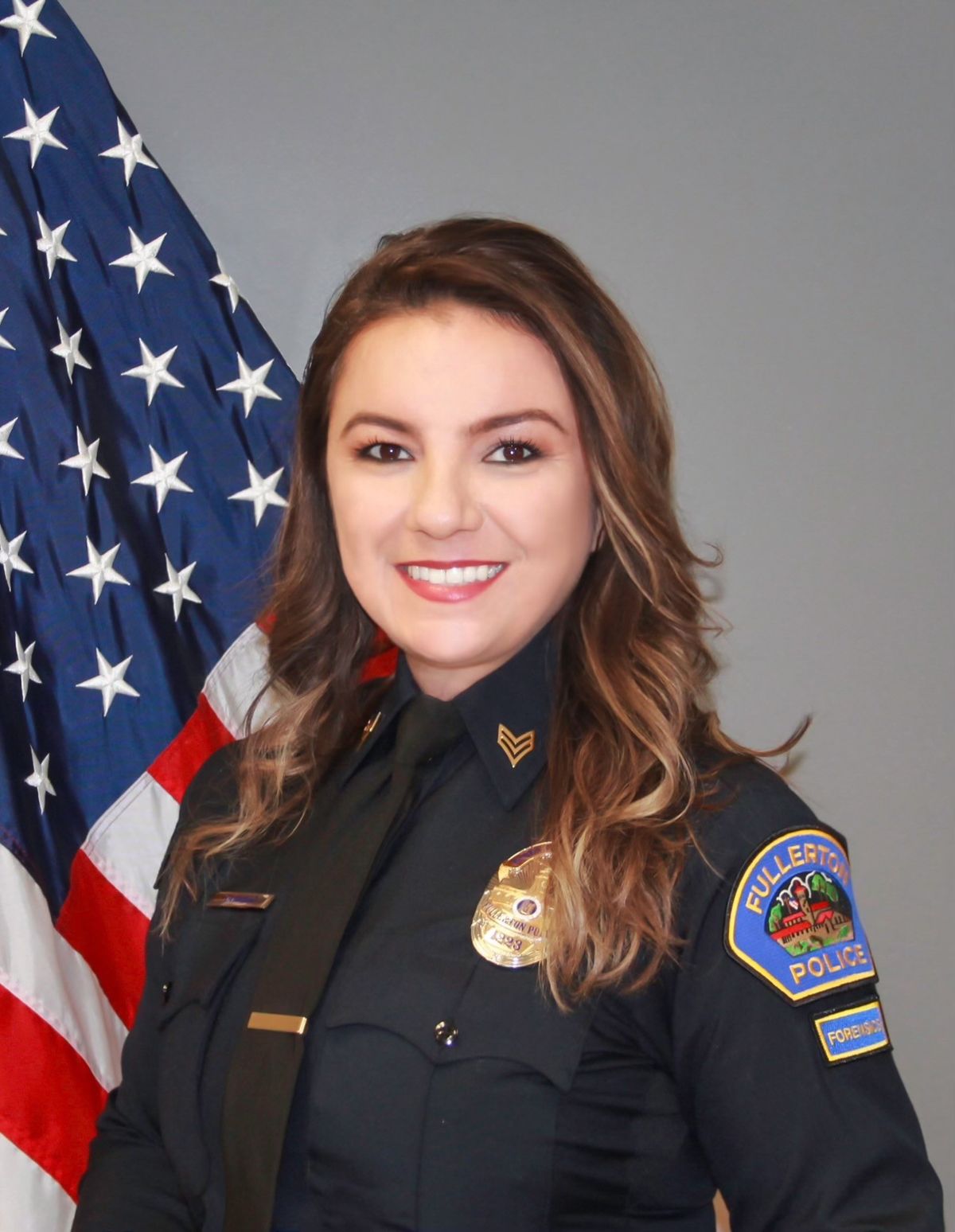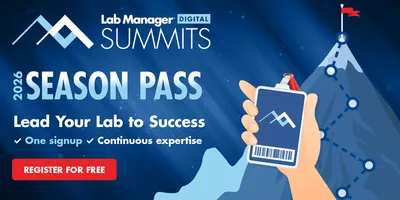Leticia "Letty" Ramirez is the forensic supervisor at the Fullerton, CA Police Department. Letty was nominated by her peers for the 2023 Leadership Excellence Awards and received recognition as an Honorable Mention for the Excellence in Lab Management award, which focuses on the lab's mission. This award was designed for someone who demonstrates a keen eye for doing many things right, such as building effective safety and quality programs, delivering excellent technical results, and exceeding organizational goals.

Q: Can you briefly discuss your background and what you do in your current role?
A: I have worked for Fullerton Police Department for approximately 22 years. I have worked in the Forensic field for 14 years and have been the Forensic Supervisor for the last 4 years. In my current role, I supervise 5 Forensic Specialists and manage the in-house crime lab for the Forensics Unit. I am responsible for the crime scene and evidence processing training, the laboratory management, conducting specific processing and analysis on evidence, ensuring safety regulations, the day-to-day administrative technical operations, maintaining case records and files, updating standard operating procedures, writing grant proposals, and overseeing major programs within the division (Latent Prints, Photography, Chemical Processing, DIMS, and NIBIN). I assist my team with major crime scene calls and provide expert testimony in court. There are also Public Service Representatives and sworn officers that assist the Forensic Unit at a basic level whose training I also oversee.
Q: What was your reaction to winning this award, and what does it mean to you to win?
A: I was completely ecstatic when I received the email notifying me of the award. I felt honored to receive this recognition and was humbled by the efforts of the committee to want to recognize my work. As a supervisor it is easy to take our own efforts for granted and to get caught up with supporting our team, recognizing their efforts, while balancing organizational demands. Wining this award was motivating and flattering. I felt seen, pertaining to my work. I don’t do what I do for recognition, but to say that it doesn’t feel good to get a pat on the back or a “keep up the good work” high five would be untrue. This acknowledgment is momentous and greatly appreciated.
Q: What do you value the most about Lab Manager’s offerings/content?
A: I appreciate the resources Lab Manger offers. It provides great insights, guidance and support for supervisors/ managers in my field who wish to improve our lab management skills. I have found a lot of information that has assisted me in my current role and reassured my development as a leader.
Q: What resources or individuals did you learn your leadership and management skills from?
A: I have always considered myself and observer of people. Early on in my career, I knew who I wanted to be and the change I wanted to be a part of. I began observing my supervisors and those who I looked up to. I observed their values, strategies, characteristics, and how they made me feel. I made it a point to learn from them, mimic their skills, and seek out their constructive criticism. I read a lot of books and attended leadership courses; however, the greatest lessons were learned through my experiences, my mistakes, and the people who motivated me, trusted me, and believed in my growing skills.
Q: In your opinion and experience, what is the most important quality or trait a good leader needs to have?
A: A good leader needs to have empathy for those they are choosing to lead. It allows them to connect with their team and foster an environment of trust. When the team feels understood and validated, they feel valued. This encourages them to follow, also want to lead, and to contribute more efforts towards the common goal.
Q: What do you enjoy doing outside of work?
A: Outside of work, I enjoy music, traveling, and spending time with my friends and family. I relish in expanding my taste palate and enjoying new foods. I also enjoy teaching forensics, watching movies (horror and sci-fi), historical documentaries, reading books, writing books, and photography.
Q: What do you think are some common misconceptions about good leadership and management?
A: Common misconceptions are that one is better than the other, that they come hand and hand with the title, or that you can’t be both. Leadership and management are two different competencies that hold their own individual “bad” “effective” or “good” rating scale within that can only overlap through choice. They are not a package deal that come with the managerial promotion. Management centers on systems and structures to reach a certain outcome. On the other hand, leadership is not a title but a characteristic that is based on emotional beliefs and influence. A good manager focusses on the best interest of the organization while a good leader focuses on best interest of the individual. Because both add value to an organization, one ability is not better than the other. Having a clear understanding of both and their differences can break these fallacies. Any person in an organization has the potential of becoming a good leader and inspire others to move on a cause. However, because managers are placed in lead operational roles, they should strive to be good visionary leaders and break boundaries that separate the two competencies. This contributes to higher job satisfaction and the organization stands to gain more.
Q: What’s the best piece of management and/or leadership advice you can share with our readers?
A: Get to know your team members personalities and their qualities. Encourage their strengths, help them overcome their weaknesses, learn their work styles, encourage constant communication, listen to their ideas, validate their experiences and beliefs, and motivate them towards their goals. A good leader will look out for what’s important to them and earn their respect and following. Understanding your team members while instilling motivation, will build trust and promote a culture that empowers the individual and influences the organization’s collective success.
Q: What do you hope to accomplish in the next few years in your role?
A: In the next few years, I hope to continue to develop my forensic team and help them expand their skill set. I hope to inspire them to lead and create positive change. For the organization, I hope to formulate more effective policies and procedures. I hope to increase productivity by drawing in more resources and attaining more up-to-date technology. I would like to see surrounding agencies collaborating to share information, knowledge, and enhancing our forensic level of service to the public.















